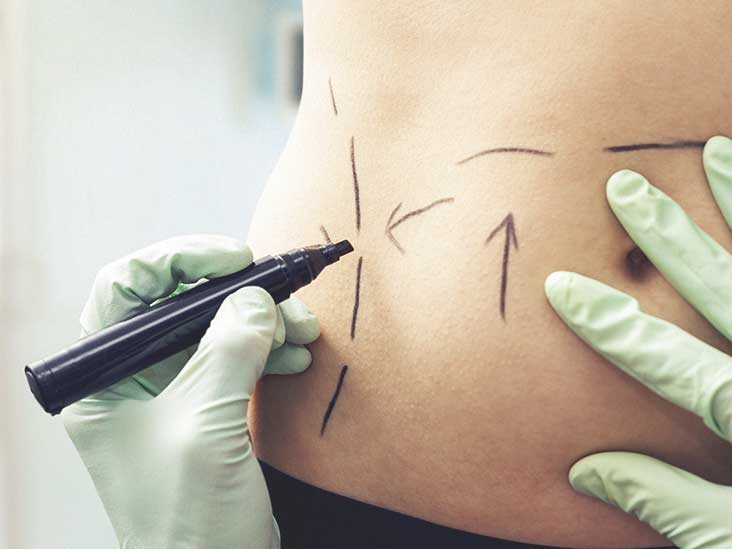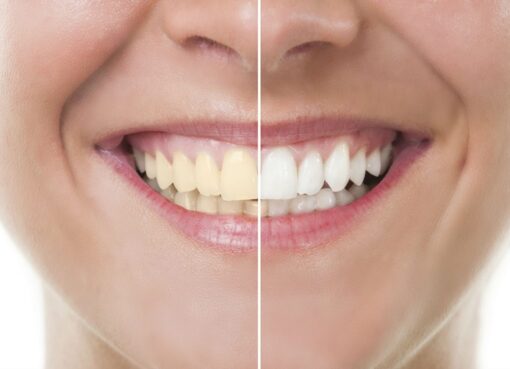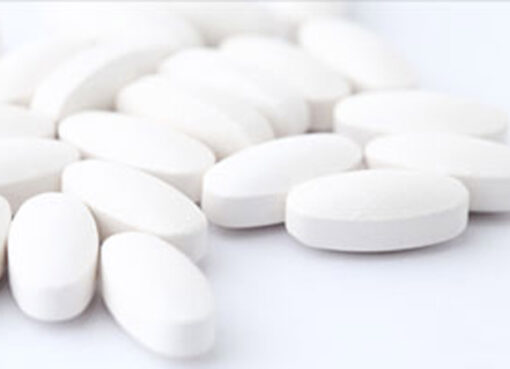Liposuction is not a weight reduction option. However, it is a cosmetic surgery that uses suction to remove undesirable body fat while contouring the body to the desired shape by targeted elimination. Also, Dayton liposuction is frequently performed in conjunction with other body contouring surgeries such as tummy tucks and breast reductions. The treatment might take 1-3 hours, depending on the size and number of areas addressed. This will affect your recuperation period and how long you can drive and return to work. You should avoid strenuous activities and contact sports for 4-6 weeks following surgery, after which you should be able to resume the usual activities.
Uses of liposuction
Liposuction is mainly utilized to improve looks rather than for physical health reasons. Most individuals obtain the same or greater outcomes if they follow a healthy lifestyle that includes a balanced diet, frequent exercise, and a regular sleep pattern. Liposuction is often recommended only after lifestyle adjustments have failed to produce the desired outcomes. It can cure fat deposits that are resistant to diet and exercise. Each fat cell’s size and volume rise when a person accumulates weight. The liposuction technique decreases the number of fat cells in certain regions. Before deciding whether to have liposuction, you should examine the benefits and drawbacks with your doctor. Moreover, liposuction should be done only after careful thought. The result is subtle rather than spectacular.
Types of Liposuction
There are just a few liposuction procedures. But they all use a small tube called a cannula attached to a vacuum to remove the fat from your body.
- The most prevalent procedure is tumescent liposuction. A sterile solution is injected into the location where the fat is to be removed by your surgeon. It has saline, which is salt water, and lidocaine and epinephrine. The solution makes suctioning the fat simpler, with less pain and blood loss.
- Ultrasound-assisted liposuction, or UAL, uses sound wave energy to tear the fat cell walls beneath your skin. This liquefies the fat and enables it to be suctioned out.
- Dry liposuction is the removal of fat without the use of any fluid. This procedure is hardly utilized nowadays. However, the risk of bruising and bleeding is increased.
- Power-assisted liposuction (PAS) is also referred to as powered liposuction. PAS employs a customized cannula with a mechanical system that travels back and forth fast, allowing the surgeon to extract fat more readily.
- Laser Assisted Lipolysis (LAL), also known as laser-guided lipo, uses tumescent fluid. It is a less invasive and bloody treatment for removing fat than standard liposuction. A tiny tube is placed through a small incision to transmit laser energy and heat into the fat beneath the skin.
Does the liposuction procedure hurt?
Since you’ll be sedated, the process should be painless. However, recovery might be difficult. Expect it to be painful, especially in the first few days following liposuction. You’ll be swollen and bruised and need some rest before returning to work. Discuss pain medication alternatives, both prescription and over-the-counter, with your clinician to help keep you comfortable while you recuperate.
Those happiest with the outcomes carefully weigh the pros and drawbacks beforehand, know what to anticipate, pick a trained and experienced surgeon, and thoroughly discuss the details with their surgeon. Call PureMD to schedule your appointment today to learn more about liposuction treatments.





